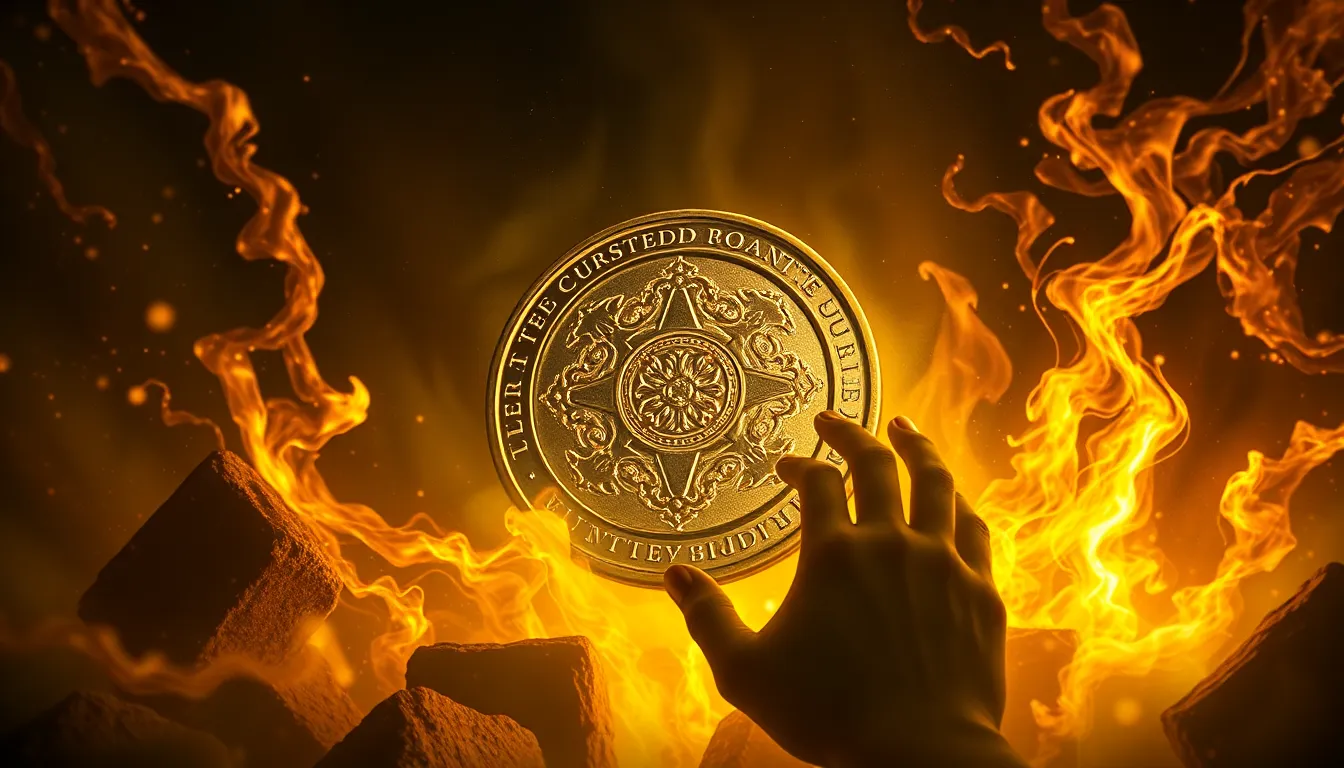Unmasking Moral Myths: The Stories We Tell Ourselves
Introduction: The Power of Stories in Shaping Morality
Stories have a profound impact on our understanding of morality. They serve as frameworks through which we interpret right and wrong, shaping our ethical beliefs and guiding our behavior. Moral myths, in this context, are narratives that convey moral lessons, often rooted in cultural, historical, or religious contexts. The purpose of this article is to explore common moral myths, their origins, and their implications in contemporary society.
Understanding Moral Myths: What Are They?
Moral myths are defined as widely held beliefs or narratives that shape our understanding of morality and ethics. They often carry moral lessons and are characterized by their ability to influence behavior and societal norms. Historically, storytelling has been a fundamental human activity used to pass down moral teachings from generation to generation.
- Myth: A traditional story, especially one concerning the early history of a people or explaining some natural or social phenomenon.
- Legend: A narrative that lies somewhere between myth and historical fact, often embellished over time.
- Moral Truth: Principles that are generally accepted as right or wrong, often derived from philosophical or ethical reasoning.
The distinction between these categories is essential in understanding how moral myths operate and influence our ethical landscape.
The Role of Culture in Moral Storytelling
Cultural narratives play a significant role in shaping moral frameworks. Each society has its unique set of moral myths that reflect its values, beliefs, and historical experiences. For example:
- In Western cultures, the myth of “The American Dream” promotes the idea that hard work and determination lead to success.
- In many Eastern cultures, stories of filial piety emphasize the importance of family loyalty and respect for elders.
Globalization has led to the exchange of these narratives, resulting in a blend of moral teachings across cultures. However, this also raises questions about the dominance of certain moral myths over others, potentially undermining local narratives.
Common Moral Myths and Their Origins
Many moral myths permeate modern society. Some prevalent examples include:
- “The Ends Justify the Means”: This myth suggests that achieving a good outcome can justify questionable actions.
- “Good Things Happen to Good People”: This narrative implies a direct connection between morality and personal success.
- “Money Equals Happiness”: This myth perpetuates the belief that wealth is synonymous with fulfillment.
The origins of these myths can often be traced back to historical events, religious teachings, folklore, or media representations. For instance, the saying “The Ends Justify the Means” is frequently associated with Machiavellian philosophy, where the pursuit of power is seen as a legitimate cause for morally dubious actions.
The Psychological Impact of Moral Myths
Moral myths do not merely influence societal norms; they also shape individual psychology. Cognitive biases can emerge from these narratives, affecting moral reasoning. Some relevant biases include:
- Confirmation Bias: Tendency to favor information that supports existing beliefs.
- In-group Bias: Preference for the interests of one’s own group over others.
These biases can lead to rigid adherence to moral myths, impacting both individual behavior and collective societal actions. Identity plays a crucial role here, as individuals often align their personal narratives with the moral myths prevalent in their culture, reinforcing their beliefs and behaviors.
The Consequences of Believing in Moral Myths
The belief in moral myths can have significant social and ethical implications. Some consequences include:
- Justification of conflict and war, as seen in narratives that promote national superiority.
- Perpetuation of discrimination and prejudice through moral absolutes that dehumanize others.
Case studies abound, such as the moral myths surrounding colonialism, which often portrayed colonizers as benevolent figures bringing civilization to ‘savages,’ justifying exploitation and violence.
Deconstructing Moral Myths: Critical Thinking and Ethics
To dismantle the harmful effects of moral myths, it is essential to foster critical thinking. Techniques for questioning these narratives include:
- Analyzing the sources of moral myths and their historical context.
- Encouraging open discussions that challenge prevailing beliefs.
- Examining alternative perspectives through philosophical frameworks like utilitarianism, deontology, and virtue ethics.
Such deconstruction helps in recognizing the complexity of moral issues and the multifaceted nature of ethical reasoning.
Reconstructing Morality: New Narratives for a Changing World
As we confront new challenges in society, it is crucial to propose alternative narratives that foster ethical understanding and empathy. Storytelling can be a powerful tool in this regard. Examples of positive moral narratives include:
- Stories promoting environmental stewardship and sustainability.
- Narratives that highlight social justice and inclusivity.
These narratives not only challenge existing moral myths but also encourage flexibility in moral reasoning, allowing for a more nuanced understanding of ethics in a diverse world.
The Future of Moral Myths in a Digital Age
The rise of social media and digital storytelling has transformed the landscape of moral narratives. The rapid dissemination of information allows for the quick spread of moral myths, but it also enables critical discussions and alternative viewpoints. Ethical considerations for content creators include:
- Responsibility in representing diverse perspectives.
- Awareness of the potential for misinformation and its impact on moral beliefs.
This digital age presents an opportunity to reshape moral discourse, encouraging a more thoughtful and inclusive approach to storytelling.
Conclusion: Embracing Complexity in Moral Understanding
In conclusion, moral myths are powerful narratives that shape our ethical beliefs and behaviors. By understanding their origins and implications, we can critically engage with these stories, fostering a more complex and nuanced approach to morality. Embracing this complexity is essential for navigating the ethical challenges of our time and building a more just and compassionate society.



